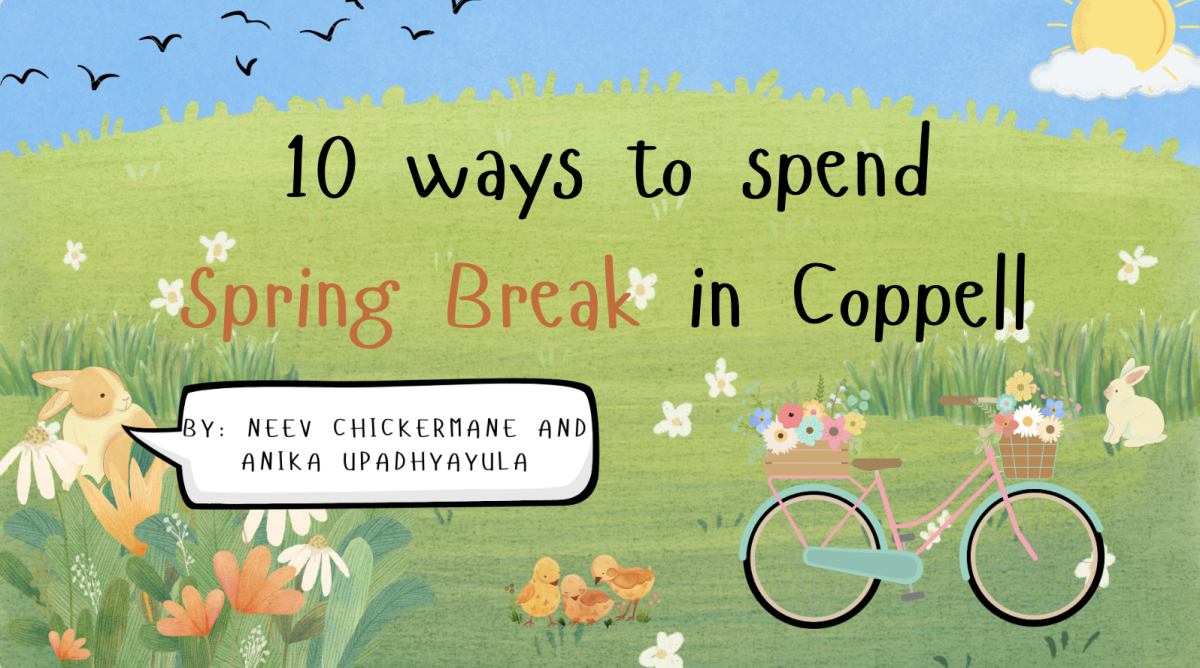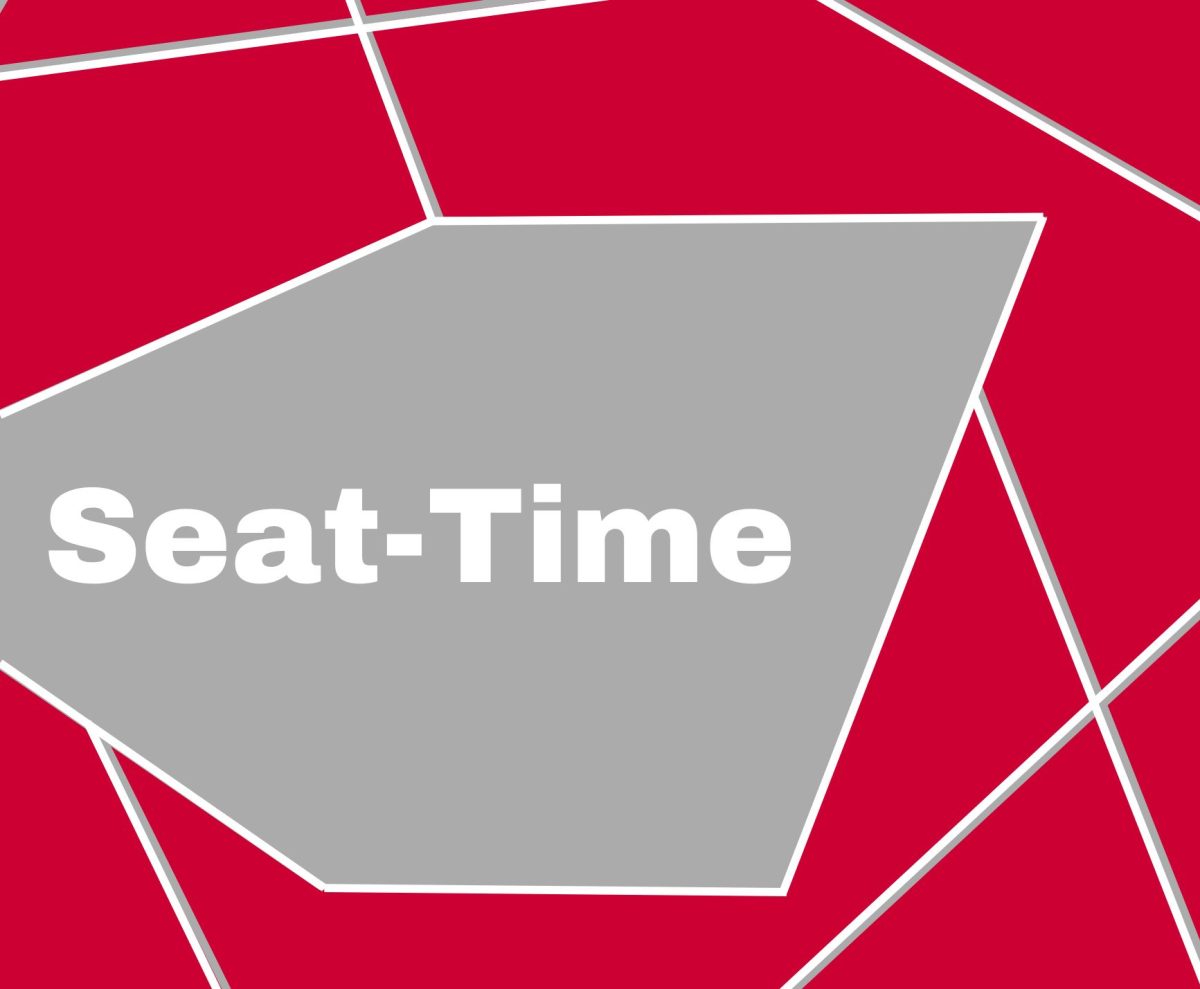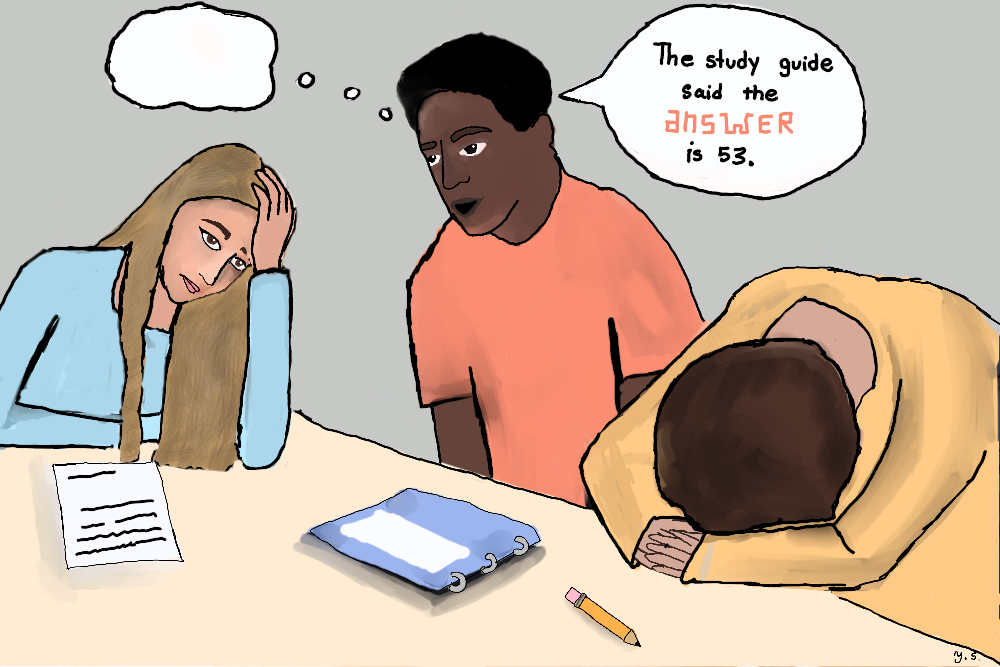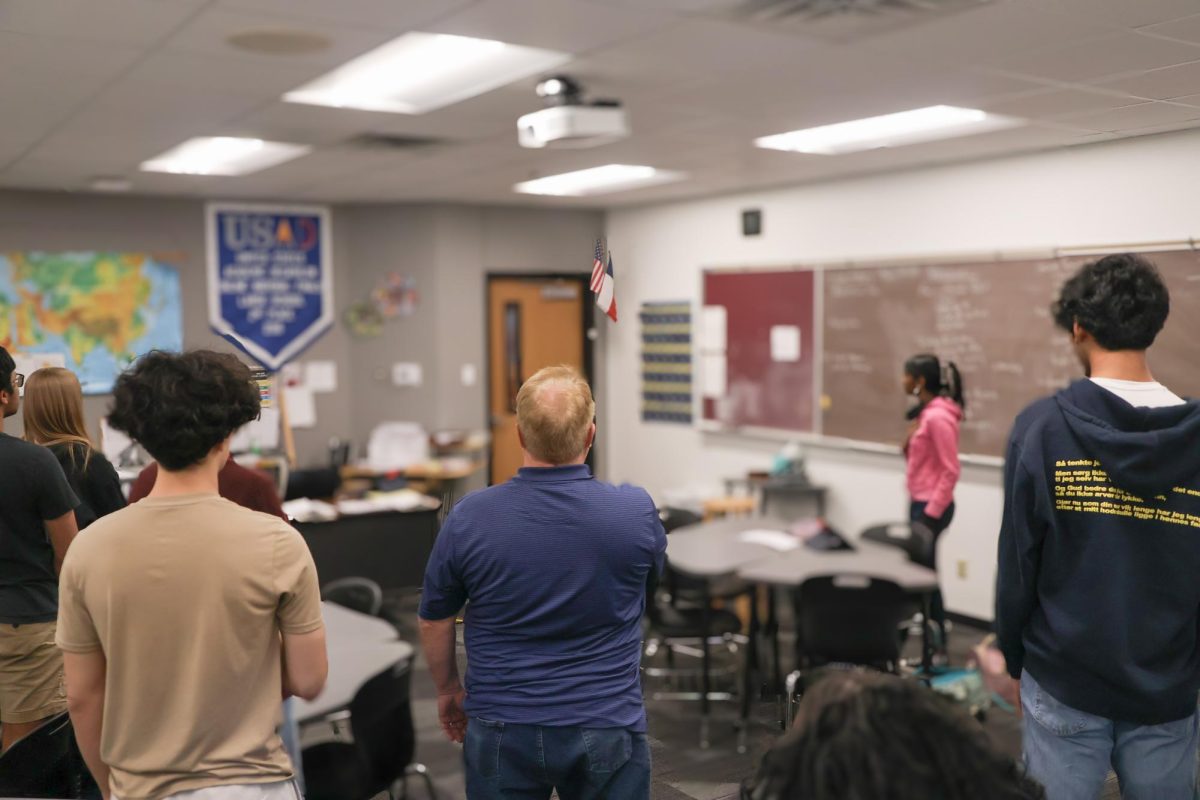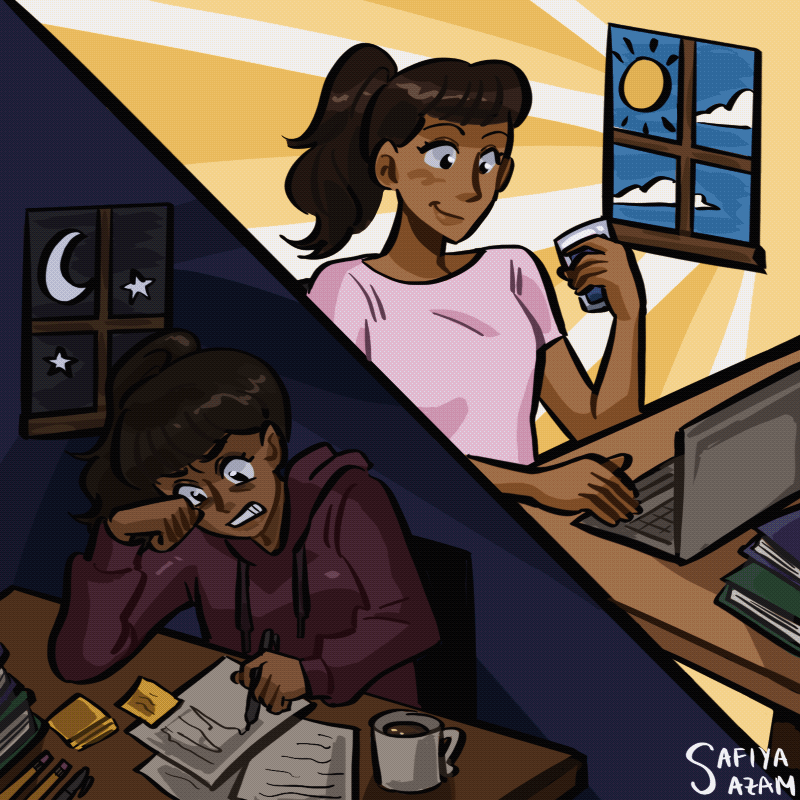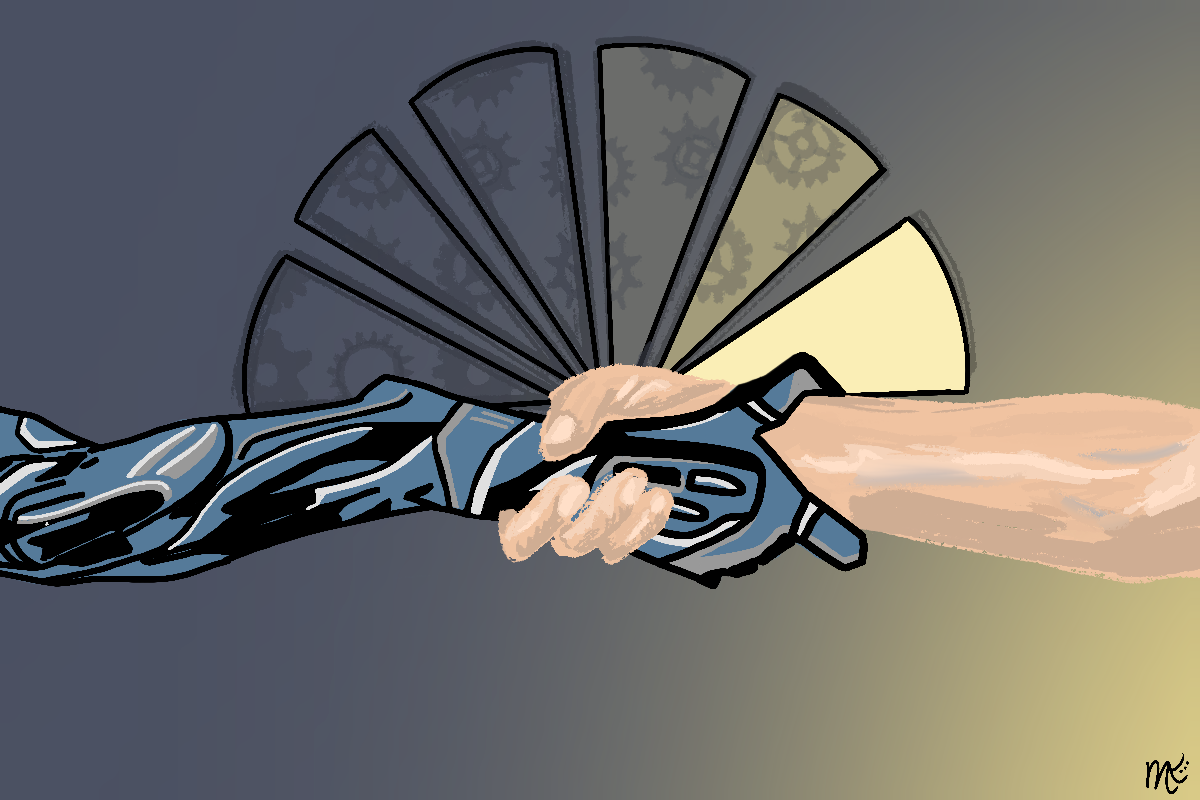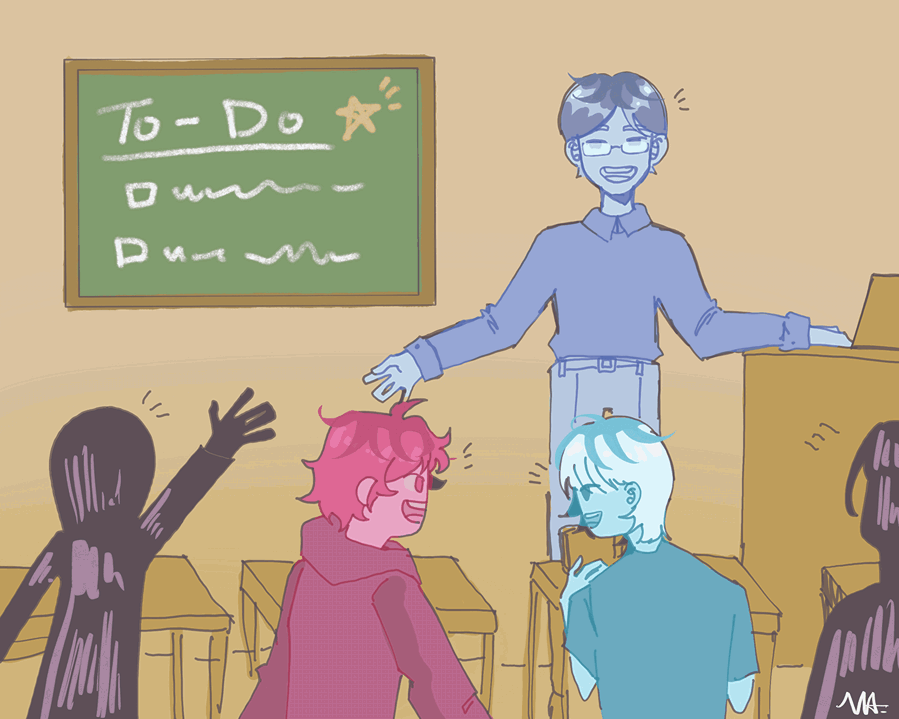For as long as I can remember, words have been an important part of my life.
Growing up, my mom valued having an expansive vocabulary. Dictionary.com became a daily staple in our home for a while, with my mother memorizing each “word of the day” and imparting those lessons to me.
Though those days are long behind us, words are still a huge part of my life. Words such as “cantankerous,” “myopic” and “penultimate” filled my repertoire. Though I outwardly complained, I began to love learning new words. As nerdy as it may sound, expanding my vocabulary brought me great joy.
In 10th grade, I was so excited to put my expanded lexicon to use when I joined The Sidekick. However, almost immediately, my dreams were dashed upon finding out that we needed to write at an eighth grade reading level, a standard across journalistic publications. To this day, I still think that is ridiculous.
However, the problem does not lie in the news organizations; it lies within us. If the American people have an average reading level this low, that indicates a larger problem that we need to be addressing. Texas alone ranks 47th in the nation with a literacy rate of 81% and 42nd in reading test scores, no surprise given that the state is 46th in the nation for its spending on public schools (a number that could get worse).
At Coppell High School, I see the effects of this everyday. In conversations with my friends, in English classes and around CHS, the problem persists. On many occasions I receive a strange, puzzled look from my friends when I use a “big word.” When my English teachers have talked about the concept of SAT words, the class stares in awkward silence, not even knowing what an SAT word is. These experiences and interactions reflect our collective lack of a strong vocabulary and the absence of growth in our literary skills.
One solution is for the district to bring back Membean lessons. The vocabulary program used to be mandated in our district from elementary school through freshman year (which is hardly enough in the most critical years of high school), however, due to the budget crisis, the district canceled its subscription. For that reason bringing the program back may not be feasible.
A much more cost-effective way to fix this growing issue is for there to be a greater emphasis on students growing their personal lexicons. Teachers can begin implementing silent sustained reading time in their classrooms, students can redirect their attention away from social media to reading and make more of an effort to expand their vocabularies. We also must do it for the right reasons: to grow our personal literacy and not our SAT scores. While it certainly does not sound fun, society will be better.
After all, 20 years from now, do we really want to imagine ourselves saying words like “skibidi rizz” to our bosses? I think not.
Follow Nyah (@nyah_rama) and @CHSCampusNews on X.




